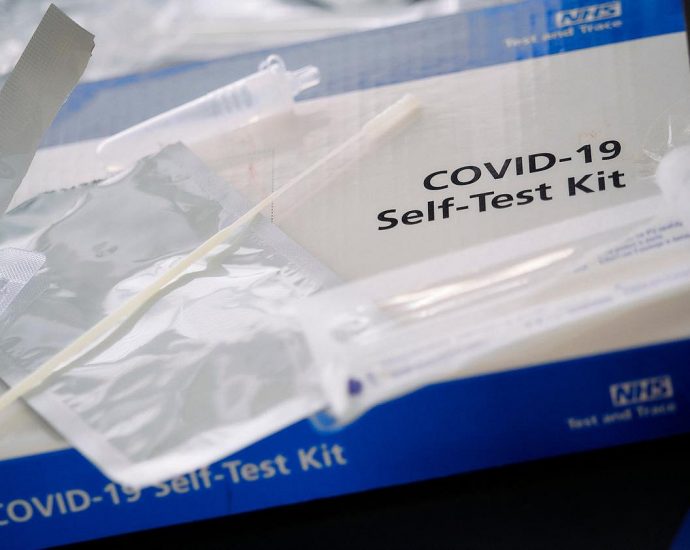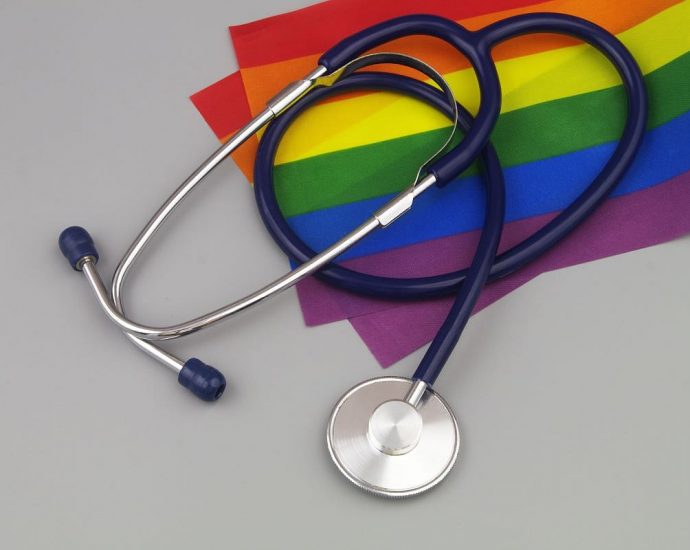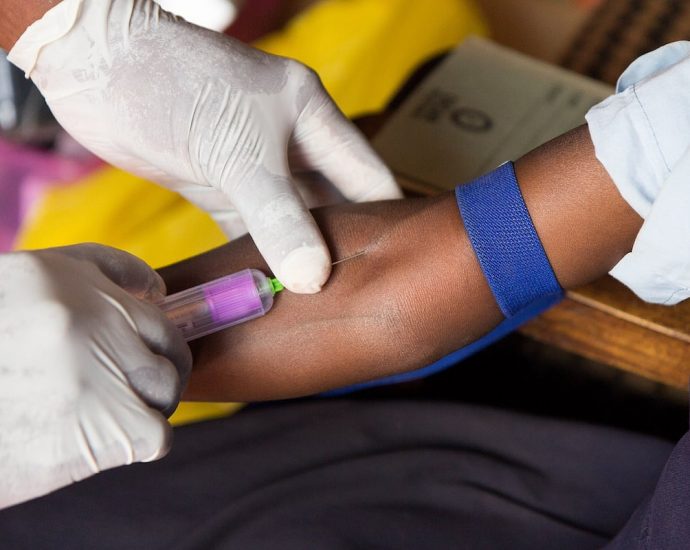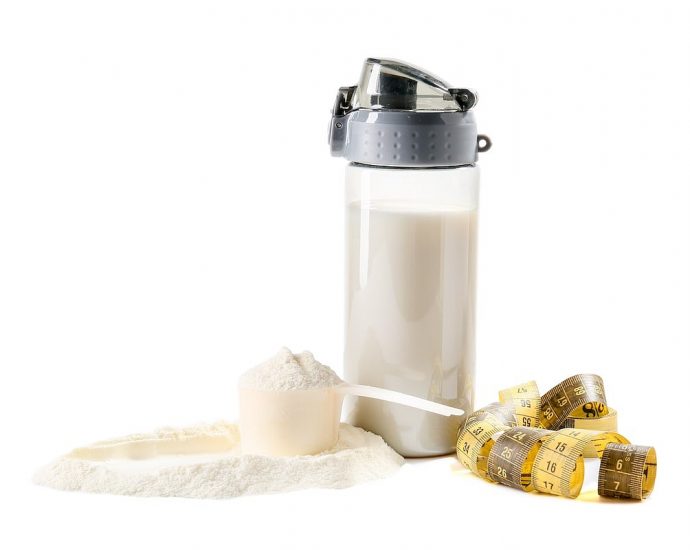Free COVID-19 Test Program Stops Taking Orders
TUESDAY, March 11, 2025 (HealthDay News) — The U.S. government program that provides free at-home COVID tests is no longer accepting orders. The Administration for Strategic Preparedness and Response (ASPR) has not said whether the program will ever restart. “The free at-home COVID-19 test distribution program is not currently acceptingContinue Reading










